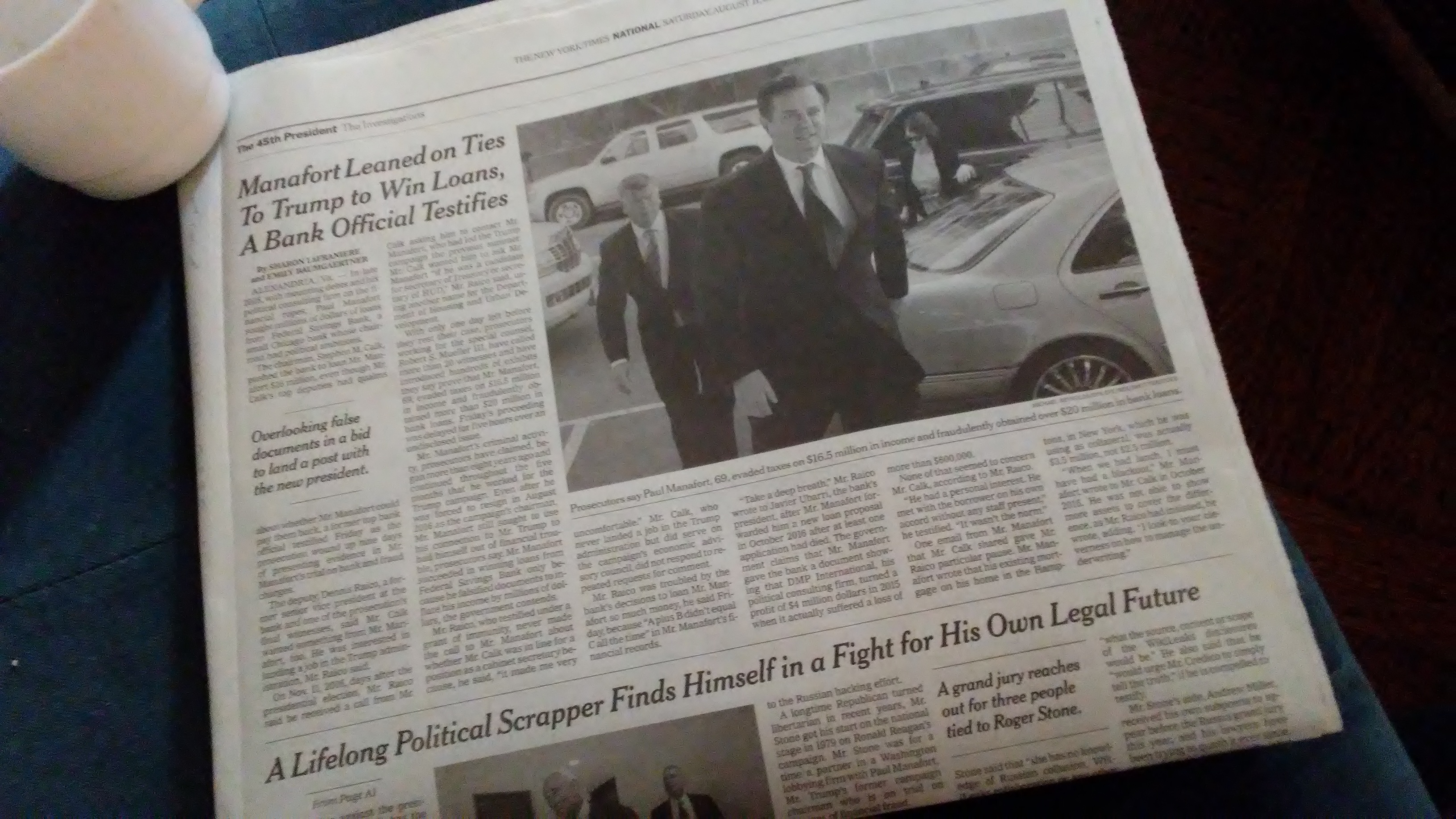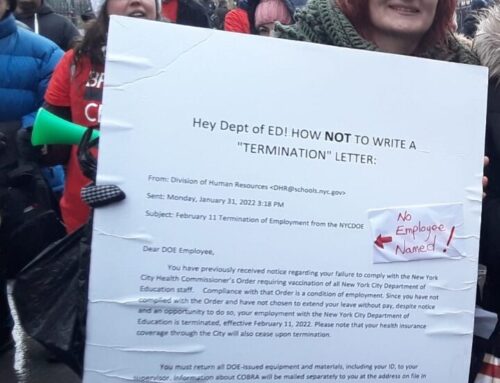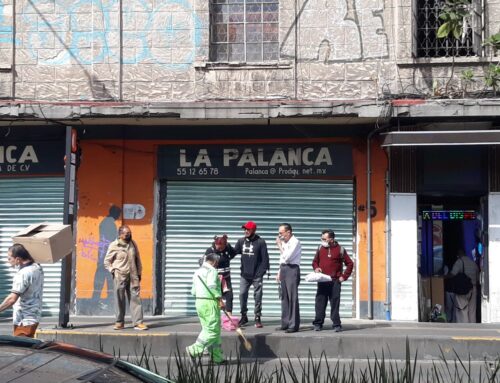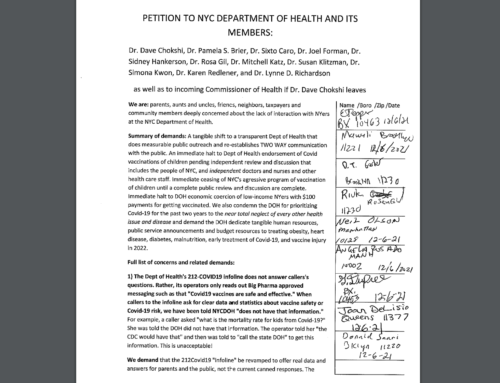I’d avoided the newspapers for the past week, and this morning I decided to stop. Ignorance is not bliss when it goes on for too long, though I enjoyed my two weeks away from reading about the rat race, the despair, and the maliciousness that makes up most of what is in the news. Last week, my first week back in NYC, there was enough ill will and humans acting shamefully in just the headlines alone, to scare me away from catching up on the news: just two examples here were the assault of a customer in a Brooklyn nail salon, when she announced she didn’t want to pay for an imperfect eyebrow wax; and the sports coach who punched a man in the face after that man knocked on his car window. I thought of my own behavior this week, when I saw a man with no shirt and no shoes wheeling himself in a wheelchair up the avenue, as I made my way to work. I was late, and trying to hurry. I couldn’t stop to ask him if he needed help! I told myself I was already late. Someone else, surely would stop. I kept looking back as I got further away. Trouble was, other people bustled past him, too. All of us, me included, too harried to fit in a little humanity.
When I finally got to rest that evening, I felt the anxiety over what is happening to us bubble up to the surface. It made me want to run for my life.
I thought about how outsized, violent reactions to hardships, to money, and to other people are more the norm these days than the exception. We’re growing used to anti-social human behavior, to people sleeping on cardboard boxes on a city street, to fistfights and beatings with a broom, and at the core is always the money, the money. Would it ever be justified to beat up someone over an unpaid salon bill of a few dollars? Is it really ok to walk past a person obviously in need of a shirt, and shoes, and a meal, thinking someone else will take care of him? And how is it most people don’t question why a person can be in such a state when we supposedly have systems in place funded to help him?
And, what do the melees of poor people over a $5 salon bill have to do with the news stories about rich guys with millions hustling and faking their way to borrowing millions of dollars, like Paul Manafort did?
Lots, and I hope you will agree. Today, the news reports on the trial say Paul Manafort kept $16 million he was supposed to pay in taxes, and lied about his debts and assets to get $20 million in bank loans. He also used his connection to incoming President Donald Trump as currency–to influence the chairman of a bank to loan him money. In exchange, the chairman might gain his favor and secure a big and well paid post in the Trump administration.
Despite having far more money and resources than the average person, Manafort is hustling to make even more money, propelled forward by a culture that prioritizes it. He could just accept that his business is faltering and pay up what he needs to. Even if that meant selling his fancy house in The Hamptons. But the culture of scarcity drives him to cheat, just as it drives ordinary people to divide against each other and fight over what little the wealthy and powerful leave us to fight over, whether that be money, or jobs, or housing.
Let’s take a sobering assessment of where we are at right now.
On the one hand, we have nail salon technicians who work in unhealthful conditions for terrible wages, who go berserk at the prospect of losing five dollars. A messed up and outsized reaction to an angry customer, likely fueled by prejudice and misunderstanding. Mostly fueled by a tiny amount of money, or maybe fear of losing her job, and therefore her entire existence.
On the other hand, we have rich guy Paul Manafort. By any assessment, he’s got enough money to meet his basic needs. Even though his political consulting firm is losing money, he could scale down his lifestyle, take some losses and live much better than most Americans. But the culture of scarcity has overtaken him, too. So what does he do? He keeps $16 million he was supposed to pay in taxes. He peddles his connections to the POTUS to convince another rich guy to give him $20 million in bank loans that Manafort really doesn’t qualify for.
In his book, The War on Normal People, Presidential candidate Andrew Yang writes, “A culture of scarcity is a culture of negativity. They attack each other. Tribalism and divisiveness go way up.”
He is onto something essential. We are doing less and less to protect people from changes in the economy, and it shows everywhere. We have ordinary people willing to beat up on another person at the prospect of losing a few dollars; we have rich people willing to compromise their dignity and humanity, and rob in pursuit of even more millions. Poor Asian workers turn against poor black workers. Rich white men band together to help each other get richer. Divisiveness is upon us.
Furthermore, our systems function to aggravate scarcity. States and entities take money meant for one thing and hoard it or spend it on something else. Food aid is cut. Farm aid is cut. Funds earmarked for welfare aid go unspent. In the same state in which Paul Manafort is being tried–Virginia–state welfare administrators are sitting on $102 million they told the federal government they needed to help poor people. If asked (they hardly are), state administrators say they are “saving” the money “in case they need to help poor people in a disaster.”
We have 20 percent of children living below the poverty line, we have drug addiction turning children into orphans, and we have a half a million people homeless throughout the United States. Please tell me how this situation does not qualify as a disaster.
A Universal Basic Income is the most promising way to change the culture of scarcity. It is the most promising way to calm our anxiety over survival–anxiety that leads to shameless violence over a handful of dollars. It many not do much to stop the avarice and embezzlement of the very powerful overnight, but I do believe that it may lessen it over time. In the meanwhile, a Universal Basic Income of $1,000 per month will make sure that no one will be destitute or shoeless, or homeless; that people in danger of losing their homes or their farms will have funds to stop it; and that corrupted systems of aid that no longer serve us will cease to hoard cash meant to keep people alive. They won’t be able to, because the dollars will go right to people to meet their basic survival needs. Funds will flow back into communities again through the Universal Basic Income and other life enhancing policies. Poor people will fight less. Rich people may steal less. Everybody will worry less. The violent daily absurdities propelled by scarcity will go away.






Leave A Comment